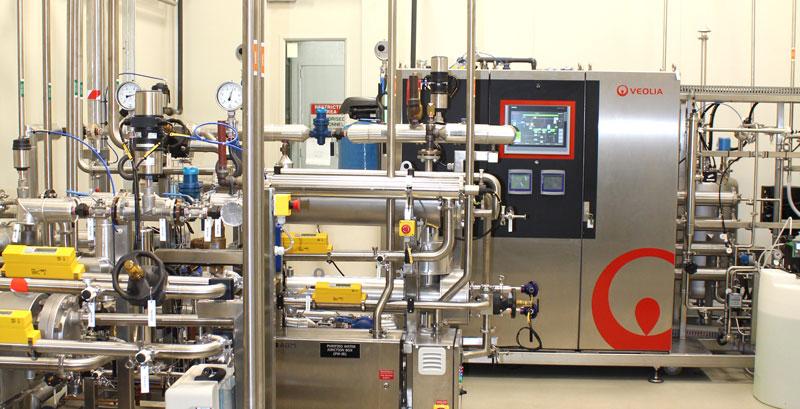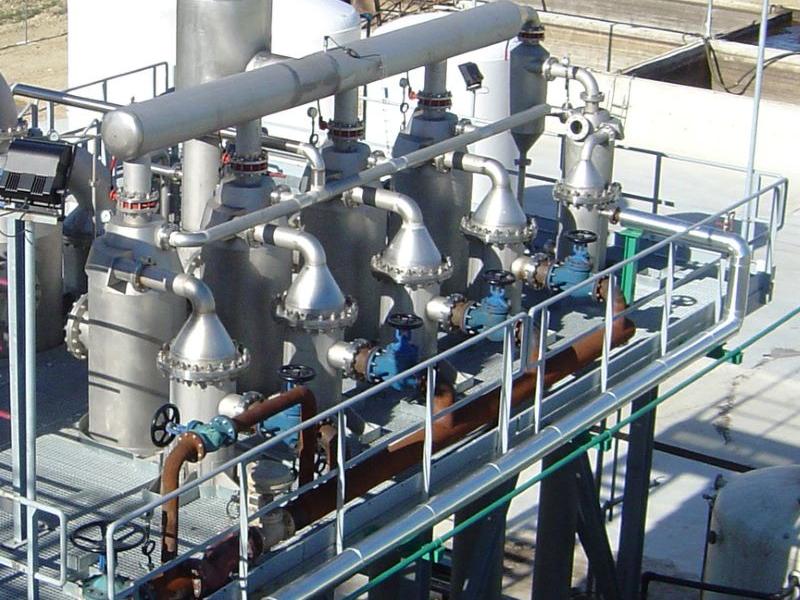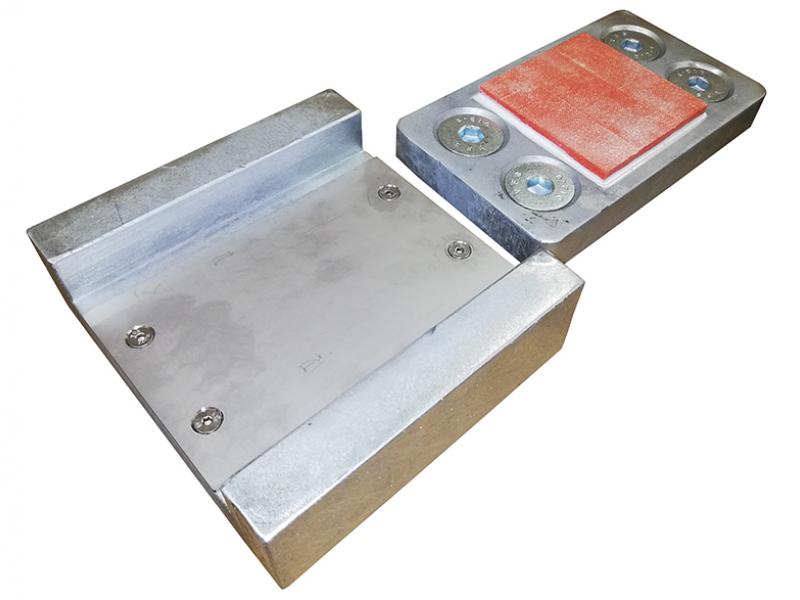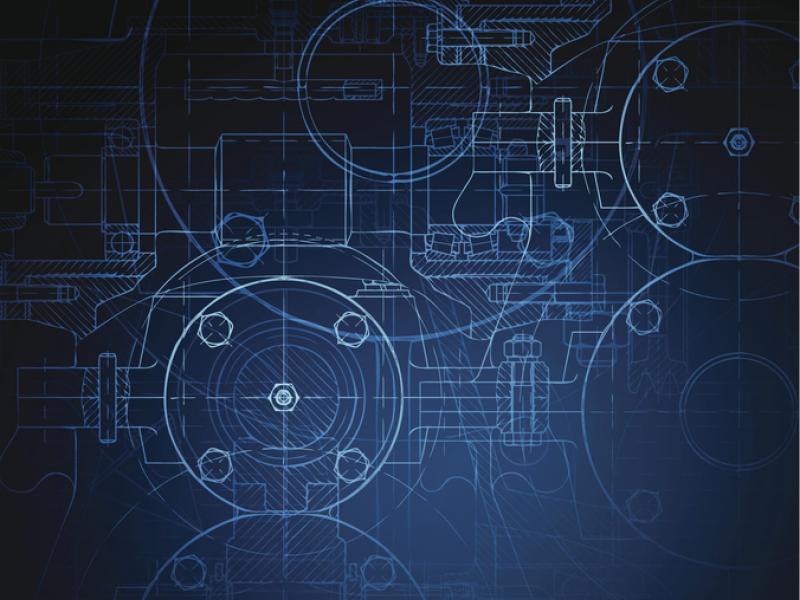Bayer is continuing its investment in producing high-quality animal health medicines in New Zealand with the commissioning of a new $3 million water treatment station at its Manukau production site.
The Bayer Animal Health (NZ) state-of-the-art facility includes full automation and control with location and remote process visualisation. It incorporates online quality monitoring of conductivity, temperature and total organic carbon.
The new water purification plant is used to produce purified water (PW), water for injection (WFI), and pure steam for the use in the manufacture of veterinary drug products. It meets the demanding requires of the European Pharmacopeia, produces water suitable for human therapies and is the most advanced facility of its kind in New Zealand, says Bayer. The plant takes ordinary tap water and, through a system of filtering, deionizing and softening, converts it into Pure Water (PW). Purified water is produced continuously from municipal drinking water at 2000L/hr using pre-filtration, ion exchange, reverse osmosis, and electro-deionisation. It is circulated through the liquids and paste and sterile manufacturing plants from a 5000L electropolished stainless steel storage tank.
PW is further refined and distilled to create Water For Injection (WFI) by three-stage distillation at 700L/hr using purified water feed and circulated to the sterile manufacturing suites from a 4000L storage tank. The distillation unit also produces high purity pharmaceutical grade steam for process sterilisation.
Both types of water are used in manufacturing a wide range of animal medicines and products ranging from metabolics for dairy cows to drenches and supplements for farm livestock and horses.
As well as treating water, the new plant also distributes it throughout the Manukau production site 24/7 and has two large storage tanks.
Bayer New Zealand managing director Derek Bartlett says the new water treatment plant is a major leap for the production site.
“Previously it would take about six hours to produce 2000 litres of Water For Injection. Now we can produce 2000 litres in one hour. We can now get high quality water whenever we want without any restrictions, which will impact positively on our production times.”
Another important feature of the water treatment plant is its ability to self-monitor.
“Basically, it self-checks itself to ensure the water being produced does not get contaminated or go out of spec,” says Bartlett.
Following the commissioning of the plant, there will be a two-month testing and validation process before full manufacturing begins in January.
The new water treatment plant is part of a series of multi-million upgrades to the Manukau plant. Other improvements will be made to its Liquids and Pastes production facility starting next year.
“Bayer firmly believes in supporting our local farming industry here in New Zealand,” says Bartlett.
“To do that, it is crucial that we invest in our manufacturing plant, which not only produces animal medicines for local use, but also exports to more than 70 countries around the world.”
The plant was designed and constructed by AB Mandal Pty Ltd, Pharmaceutical process engineers based in Sydney and incorporates key components from the United States, the UK, and Italy.
The equipment and piping and was installed by Umech Pty Ltd, a high purity piping contractor also based in Sydney. They used the latest Automatic orbital welding equipment to install over one kilometre of electropolished stainless steel tubing. The comprehensive quality inspection program for the piping included internal video borescoping of tube welds.
The project was completed on time in just over 10 months and was a huge logistical effort with components and systems shipped from around the world. Bayer CEO, Chris Dorthe Buttkus, commented at the opening of the facility in early November that “it was the best run project she had ever been involved with”.






